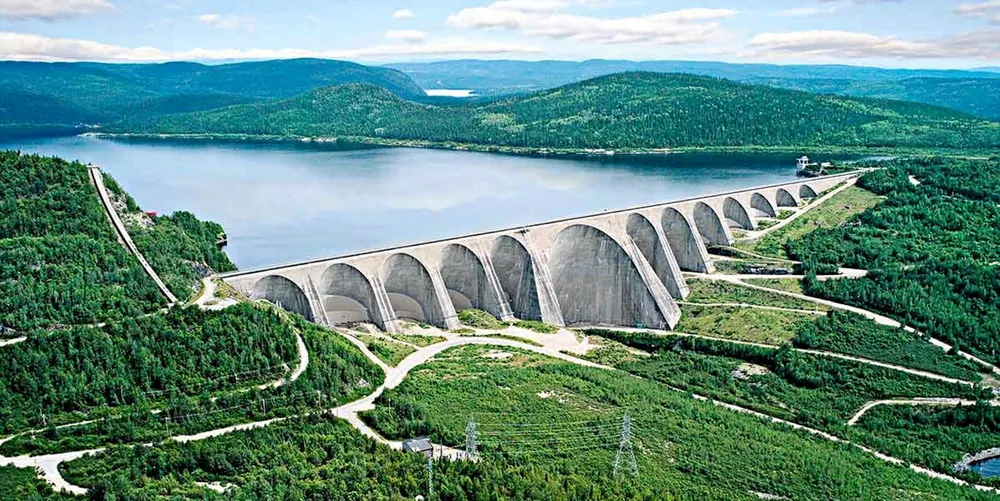'Ideal conditions': Canada to link huge green hydrogen plant to hydropower
German conglomerate Thyssenkrupp eyes scaling up of renewable H2 production to gigawatt scale

German conglomerate Thyssenkrupp eyes scaling up of renewable H2 production to gigawatt scale
